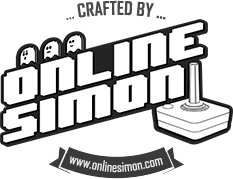Learn about the History of Graph Paper, the Origins of Data Visualisation, and the History of Timeline Charts.
Available graph paper types include:
Graph Paper |
Grid Paper |
Isometric Paper |
Hexagonal Paper |
Lined Paper (or Note Paper) |
Polar Paper (or Polar Chart Paper) |
Radar Paper |
Ternary Paper (or Ternary Plot Paper) |
Artists Grid Paper |
Vitruvian Man Paper |
Math Axis Graph Paper |
Probability Paper |
Logarithmic Paper
Would you like to Customise your Graph Paper by type, size and paper orientation?
Here are some quick links to commonly used graph paper designs: dotted grid paper (A4/portrait), graph paper (A4/portrait), isometric grid paper (A4/portrait), and hexagonal grid paper (A4/portrait),
See our full list of available graph papers (types and sizes)

Copyright © 2021-2025 Simon J. Beal. All rights reserved.